10 Famous Shipping Canals of the World
[Updated Oct. 2018] Shipping canals are waterways specifically built along major seawater routes to enable the passage of vessels. Most of the time, these canals are constructed to connect to waterbodies including seas, lakes, and rivers, offering an alternative route to the vessels, particularly cargo vessels. Such canals are of vital importance in the maritime industry as they offer shorter transportation routes across major seawater networks and also help to regulate maritime traffic internally within countries.
There are hundreds of shipping canals all over the world, in different length, width and depth, facilitating easy movement of a variety of vessels on an everyday basis. Some of these canals are also the busiest traffic routes around the world.
Mentioned below are ten of the most famous and busiest shipping canals from around the world (In no specific order).
- Beijing-Hangzhou Grand Canal
Popularly known as Grand Canal, the Beijing–Hangzhou Grand Canal is the longest and the oldest canal in the world. Connecting China’s the Yellow River and Yangtze River, the canal goes through several provinces in the country as well as connects with several other rivers. While the canal covers a length of 1,776 km (1,104 mi), its greatest height reaches at a summit of 42 m in the mountains of Shandong. Linking the northern and southern China, the canal contributes heavily to the country’s economy as it holds a great role in the transportation of cargo. Originally built in 468 BC, the Grand Canal is currently a UNESCO World Heritage Site.
- Suez Canal
Opened in November 1869, the 193.30 km (120 miles)-long Suez Canal is an artificial sea-level waterway located in Egypt. Linking the Mediterranean Sea with the Gulf of Suez, the Suez Canal is an extremely crucial shipping canal in the world maritime sector as it is one of the most heavily used shipping routes in the world.
The canal, which separates Asia from the African continent, provides a shortest maritime route between Europe and the regions which share a border with the Indian Ocean and the Western Pacific Ocean. The Suez Canal has been recognized as a maritime route to be open at all times, to shipping vessels of all countries in order to facilitate continuity in maritime trade operations irrespective of global conflicts.
- Panama Canal
One of the most crucial maritime gateways in the western region, the Panama Canal provides connectivity between the Pacific and the Atlantic Ocean through the Panama isthmus- a narrow strip that separates the Caribbean Sea from the Pacific Ocean. Since the oceans that the canal connects with are not at the same level, the canal uses Lock Gates on either side to lift the vessel to the higher level and similarly to drop down to the sea level. Opened in the year 1914, the canal helps vessels transiting between the east and west coasts of the US to shorten their journey by 15,000 km. The 82 km (51 mi)-long waterway offers its service to 29 major liner services, mostly on the US East Coast to Asia trade route. In 2017, the Panama Canal witnessed the arrival of a total of 13,548 vessels and received 403.8 million tons of cargo.
Learn about some important Panama Canal Facts here.
- Corinth Canal
Connecting the Gulf of Corinth and the Saronic Gulf in the Aegean Sea, the Corinth Canal goes through the narrow Isthmus of Corinth and divides the Peloponnese from the Greek mainland. With a 6.4-kilometre length and 8 meters (26 ft) depth, the Corinth Canal is important as it helps seafarers avoid the dangers of sailing around the Peloponnese’s treacherous southern capes while moving between the Gulf of Corinth and the Saronic Gulf. Though its economic importance has been reduced due to the incapability to accommodate modern ships, the canal still serves around 15,000 ships from at least 50 countries.
- The White Sea-Baltic Sea Canal
The White Sea-Baltic Sea Canal, also called the White Sea Canal, is an important waterway that regularizes traffic internally along the Russian waterways, starting from the White Sea in the north and extending to the Baltic Sea down south. Constructed in the year 1933, the shipping canal passes through various smaller water bodies, including the Arctic Ocean and Lake Onega, before finally emerging into the Baltic Sea. Although important navigation conduct, the 227 km-long canals, however, witness only light traffic since it isn’t suitable for merchant ships vessels with larger dimensions and specifications. It is estimated that a total of 193 million tonnes of cargo have been transited through the canal over the first 75 years of its operation since 1993.
- Rhine-Main-Danube Canal
Linking three important rivers in the heart of Western Europe, the Rhine-Main-Danube Canal or the Europa Canal was originally built as early as the 1938s. Thexx Europa Canal is a major marine transportation gateway linking the North Sea to the Black Sea via the Atlantic Ocean. Over the years there have been several constructional extensions that have been made to the canal, the last one being carried out in the early 1990s. An important shipping gateway within Europe, the 171-kilometre (106 mi) long Rhine-Main-Danube Canal is capable of accommodating barges with a capacity of up to 2,425 tons of bulk cargo.
- Volga-Don Canal
The Volga-Don ship canal interlinks the Russian rivers Volga and Don, providing an important water passage through the Azoff Sea (a bay of the Black Sea) and the Caspian Sea to the major oceanic networks. The original construction work on the canal, at the closest point of the rivers, was started as early as the 16th century, and the route was considered important because of the fact that it provided a passage to connect the Eastern European shipping networks with their Western counterparts. Opened in 1952, the 101 km-long waterway passes through three reservoirs, including Karpovka, Bereslavka, and Varvarovka. The canal features nine one-chamber canal locks on the Volga slope to raise ships and four locks on the Don slope to lower vessels.
- Kiel Canal
Connecting the Baltic Sea with the North Sea, the Kiel Canal passes through the German province of Schleswig-Holstein. Opened in 1895, the 98 km-long Kiel Canal helps vessels bypass the longer route that passes via Denmark (peninsula of Jutland), which is regarded as quite unstable maritime route, saving an average of 250 nautical miles. With this artificial waterway, vessels en route to the east through the North Sea enter the canal at Brunsbüttel and complete the journey at Kiel-Holtenau to enter into the Baltic. The constructional aspect of the water route dates back to the 1700s, though the construction of the present-day Kiel water conduit began only in late 1887. More than 9,000 workers spent eight years completing the construction of the present-day canal.
- Houston Ship Canal
Offering a conduit for vessels between Houston, Texas, and the Gulf of Mexico, the 50-mile Houston Ship Channel is a vital waterway in the United States. Opened in 1914 and enhanced later, the canal makes Texas home to one of the US’s busiest seaports. With a number of terminals as well as berthing locations, the Houston Ship Channel witnesses a significant volume of inland barge traffic. Naturally developed by the dredging works in Buffalo Bayou and Galveston Bay, the shipping canal has been broadened and deepened later in order to ensure its continued viability.
- Danube-Black Sea Canal
The Danube-Black Sea conduit is yet another important passage in the Western European region. In addition to connecting the Danube River to the Black Sea, this shipping canal also, in a way, interlinks the Black Sea to the North Sea through the Danube-Main-Rhine channel, offering a maritime passage to Eastern Europe by way of the Volga-Don canal. The Danube-Black Sea enables vessels to bypass the difficult deltaic region of the Danube, providing continuity in maritime operations in the region. While the 64.4 km-long main branch of the canal was constructed between the year 1976 and 1984, the 31.2 km-long north branch was built during a period between 1983 and 1987. At the same time, the Danube-Black Sea has a historical relevance as tens and thousands of political prisoners were brought in for the excavation of the waterway.
Over to you.
Do you know any other shipping canal that should be added to this list?
Let us know in the comments.
Disclaimer :
The information contained in this website is for general information purposes only. While we endeavour to keep the information up to date and correct, we make no representations or warranties of any kind, express or implied, about the completeness, accuracy, reliability, suitability or availability with respect to the website or the information, products, services, or related graphics contained on the website for any purpose. Any reliance you place on such information is therefore strictly at your own risk.
In no event will we be liable for any loss or damage including without limitation, indirect or consequential loss or damage, or any loss or damage whatsoever arising from loss of data or profits arising out of, or in connection with, the use of this website.
Do you have info to share with us ? Suggest a correction
Disclaimer :
The information contained in this website is for general information purposes only. While we endeavour to keep the information up to date and correct, we make no representations or warranties of any kind, express or implied, about the completeness, accuracy, reliability, suitability or availability with respect to the website or the information, products, services, or related graphics contained on the website for any purpose. Any reliance you place on such information is therefore strictly at your own risk.
In no event will we be liable for any loss or damage including without limitation, indirect or consequential loss or damage, or any loss or damage whatsoever arising from loss of data or profits arising out of, or in connection with, the use of this website.
About Author
Marine Insight News Network is a premier source for up-to-date, comprehensive, and insightful coverage of the maritime industry. Dedicated to offering the latest news, trends, and analyses in shipping, marine technology, regulations, and global maritime affairs, Marine Insight News Network prides itself on delivering accurate, engaging, and relevant information.

About Author
Marine Insight News Network is a premier source for up-to-date, comprehensive, and insightful coverage of the maritime industry. Dedicated to offering the latest news, trends, and analyses in shipping, marine technology, regulations, and global maritime affairs, Marine Insight News Network prides itself on delivering accurate, engaging, and relevant information.
Latest Maritime Knowledge Articles You Would Like:
Subscribe To Our Newsletters
By subscribing, you agree to our Privacy Policy and may receive occasional deal communications; you can unsubscribe anytime.



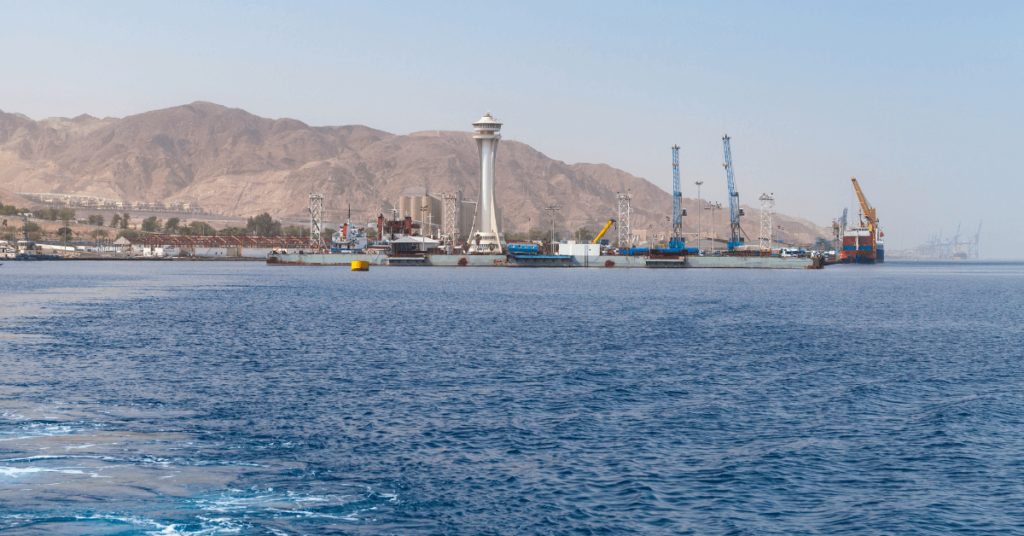
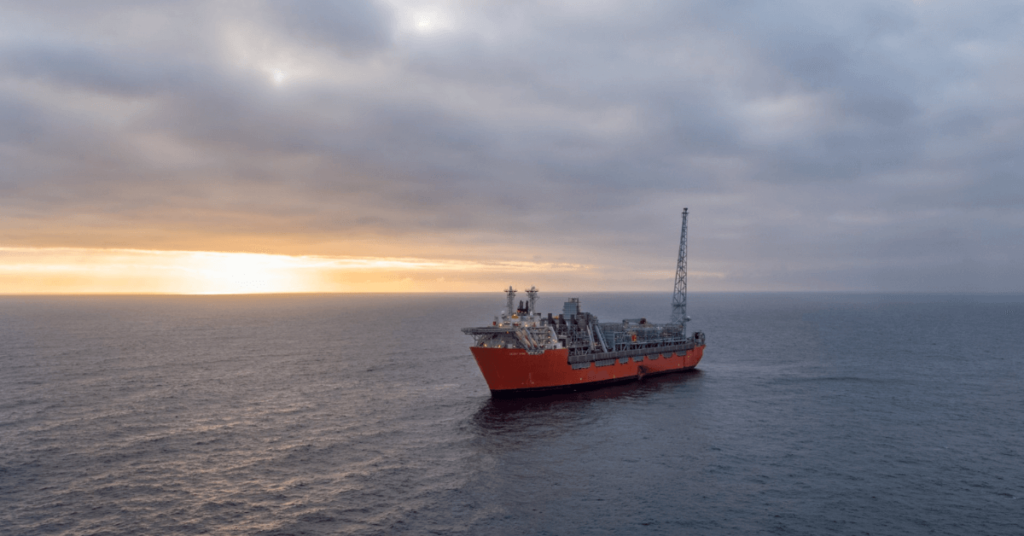
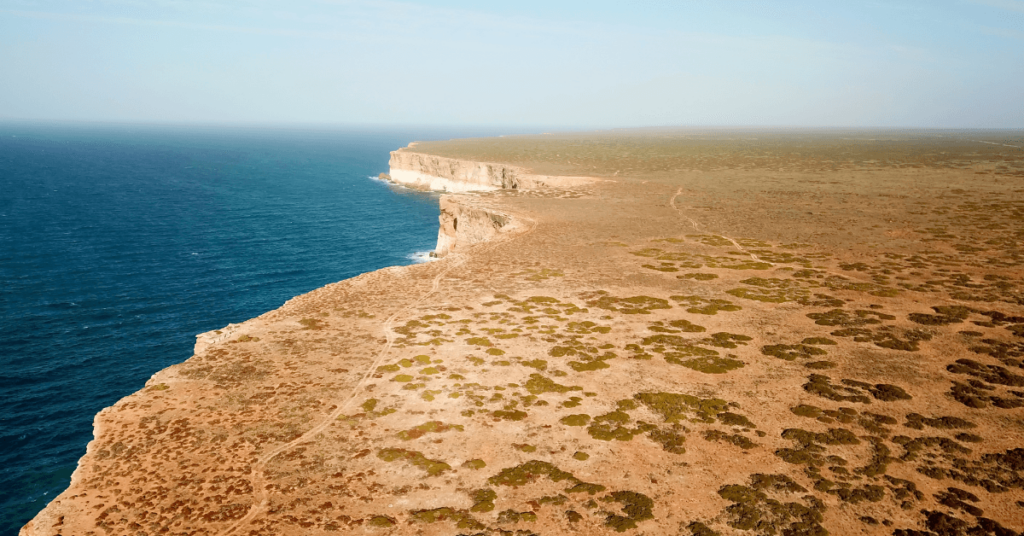
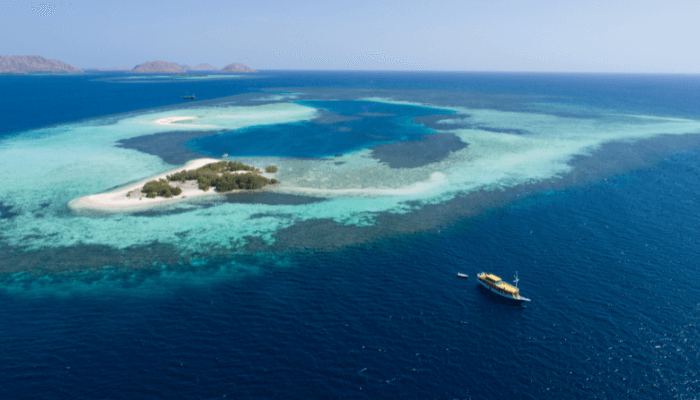
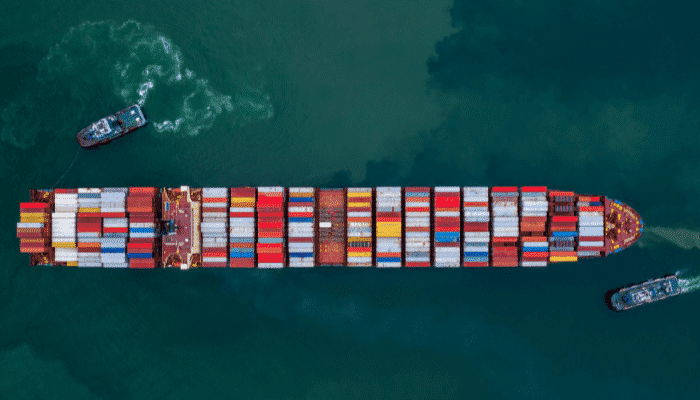
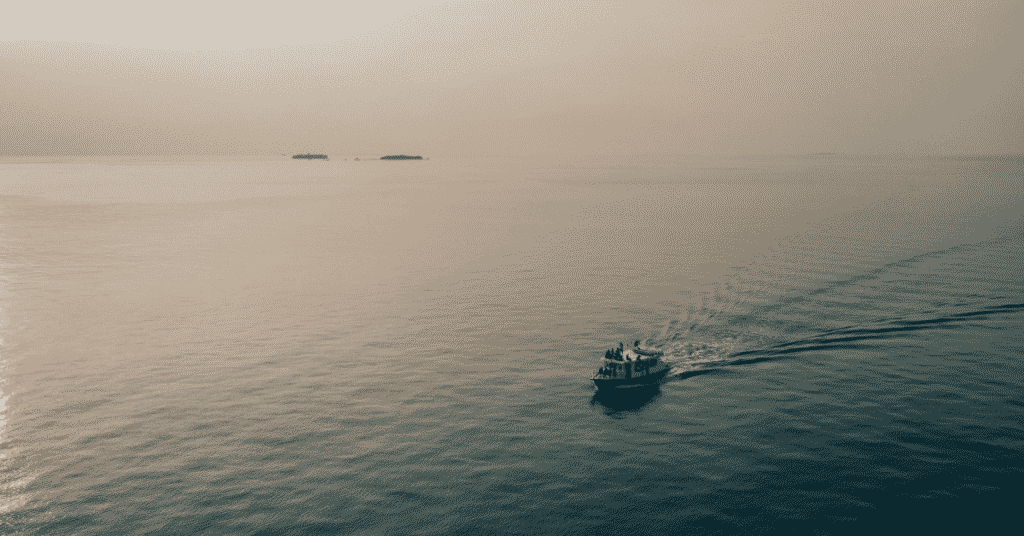

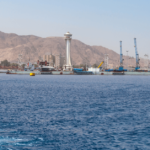
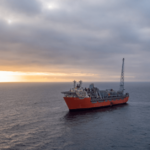




Maybe I missed it but shouldn’t there be a map of the canal location? I can find it easily enough but the casual searcher will not know where most of these canals are located.
Good work but there should be a map of canals.
should be a map of the canals very nacessery
I want to be a sailor, it has being my unrealistic dream. I need help.
What about the soo locks in Northern Michigan?
I, myself, am glad this article has no maps, because this forces me to get up off my fat butt and walk across the room and get the atlas off the shelf and look things up. I needed the exercise. Thank you.
?
The St. Lawrence sea way, the Welland Canal, and the Sault St. Marie locks should have been included in this list, as the Hiway H2O system in Canada and the US is in valuable to the worlds economy.
Welland Canal.
How about the Welland Canal in Ontario, Canada!
Canal de Garonne and Canal de Midi in Southern France. Together they link the Atlantic and the Mediteranean.
The Saimaa Canale Finland
The Columbia-Snake River System Locks & Dams
@Jennifer- Thank you ????????
Patigi River Canal located along River Niger Channels in Patigi Located Government Area of Kwara
State, Nigeria. this is natural canal which exist before the arrival of Europeans which assist in the movement of goods from towns, and villages along the River channels between Kwara State and Niger State in Nigeria.
thanks
??
The cape cod canal is the deepest canal
Yes. Our tiny but deep Cape Cod Canal in Massachusetts.
Don’t forget The Cape Cod Canal. Important on the east coast of the U. S.